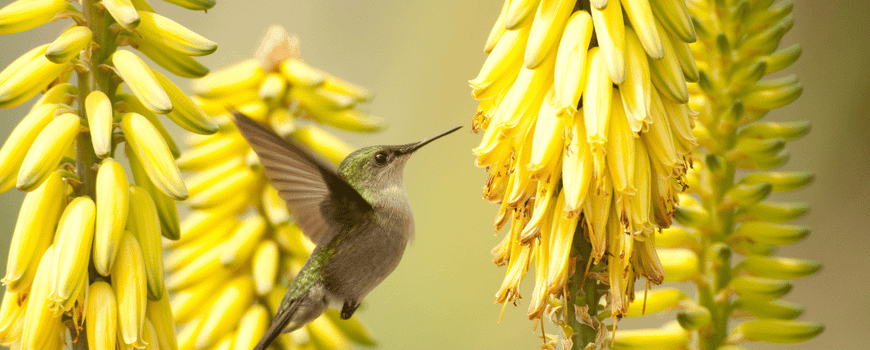
Nature Today | The science behind bird protection
With this new project Dutch Caribbean Nature Alliance (DCNA) Nature Management Organizations (Parks) & Aruba National Park Foundation (FPNA), Bonaire National Parks Foundation (STINAPA), Caribbean Biodiversity Research and Management (CARMABI),Saba Conservation Foundation,St. Eustatius National Parks (Stinapa) in St. Maarten Nature Foundation – Providing with the necessary tools to effectively monitor wild bird populations and analyze data. This project is more than just data collection; It is a dynamic, science-based initiative designed to enable comprehensive analysis, knowledge sharing, and provide insights into the health of local ecosystems. The project began this year and continues until the first quarter of 2028. The project is funded by the Ministry of Agriculture, Nature and Food Quality. DCNA activities are funded through the National Postcode Lottery.
Environmental health
Birds provide a unique lens through which parks can assess the overall health of their ecosystems. Furthermore, birds play a crucial role in island ecosystems, for example by pollinating flowers and dispersing seeds, and underscore the importance of protected areas for some vulnerable species with limited ranges. By monitoring the relative abundance and composition of bird species in different ecotypes, a number of important insights can be gained at island, inter-island and regional levels.
One goal is to better understand the relative abundance of birds, both in general and for specific species. Through careful observation, this project will attempt to discern patterns and fluctuations across seasons and times. These fluctuations are not just indicators of bird life, but also provide insight into broader ecological dynamics. In addition, this project will investigate bird species composition in different environments throughout the year. This will give parks a better understanding of how local ecosystems evolve and adapt throughout the year.
Monitoring efforts will help ensure that threatened species are identified in a timely manner to impact their long-term survival. Changes – or lack thereof – in the size of birds can also indicate changes or stability in the environment. In this way, monitoring bird populations can tell us more about the overall “health” of nature. This helps parks evaluate conservation success and adjust management measures as necessary.
methodology
In 2022, DCNA is offering park staff the opportunity to do just that PROALAS Bird Monitoring Workshop in the Dominican RepublicFor attendees organized by BirdsCaribbean. Through DCNA’s Research and Monitoring Working Group, the parks selected… Browalas The protocol will be used as a standardized monitoring method for terrestrial birds. Thanks to this unified protocol, the data collected in this program will be comparable between the Dutch Caribbean Islands and the rest of the Caribbean and the South American region.
Bird surveys will be conducted twice a year on all six Dutch Caribbean islands, specifically in March/April (after the rainy season) and in October/November (before the rainy season). These surveys will be conducted by trained park rangers and other bird experts.
A shared commitment to science
This project will also contribute to achieving strategic objectives in the field of (wild) birds and their habitats as part of the project Nature and Environment Policy Plan (NEPP)(pdf: 4.0 MB) From the Ministries of Agriculture, Nature and Food Quality (LNV) and Infrastructure and Water Management (I&W). The project was developed in consultation with Wageningen University and its research to ensure it could be used in the “State of Nature in the Netherlands Caribbean Report”. In addition, to enhance transparency and collaboration, all data collected will be made accessible via Dutch Caribbean Biodiversity Database (DCBD), Observation.orgin Caribbean birds . This commitment to data sharing goes beyond borders and ensures that science-based conservation efforts benefit not only the Dutch Caribbean, but the global scientific community as well.
DCNA
to Dutch Caribbean Nature Alliance (DCNA)Supports (scientific) communication and awareness-raising in the Dutch Caribbean by making nature-related scientific information more widely available through, among other things, Dutch Caribbean Biodiversity Database DCNA news platform Vital newsAnd journalism. No rights can be derived from the content. DCNA is not responsible for the content and indirect consequences resulting from the publication of this article.
text: Dutch Caribbean Nature Alliance (DCNA)
Photos: Rostislav Stakh, SHAPE/DCNA (main image: Antilliaanse kuifkolibrie); Christian king

“Travel enthusiast. Alcohol lover. Friendly entrepreneur. Coffeeaholic. Award-winning writer.”
